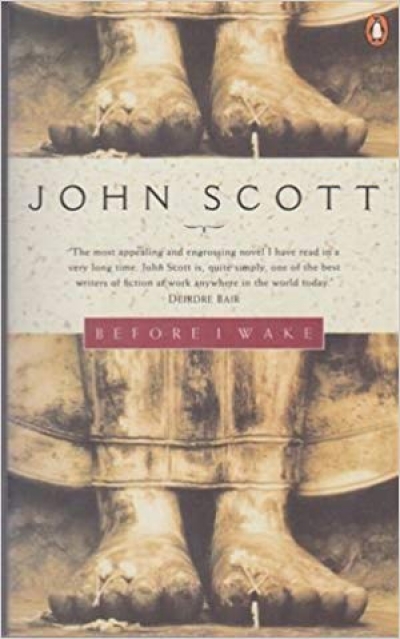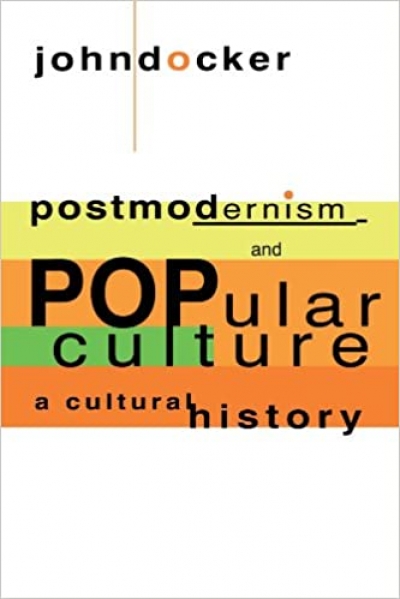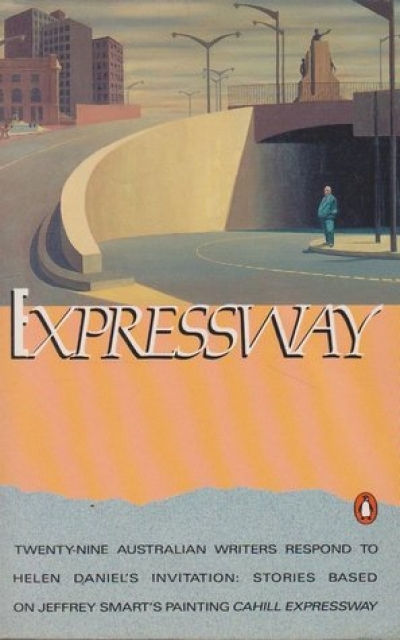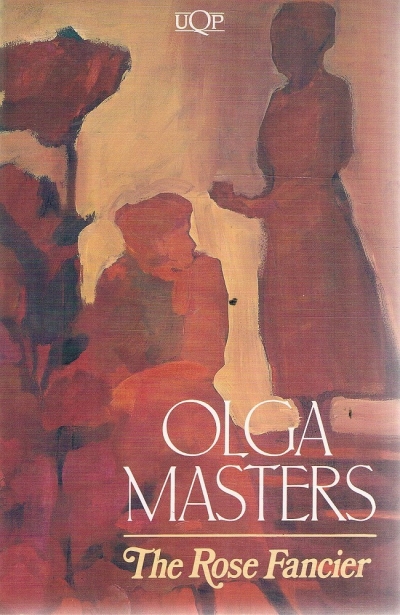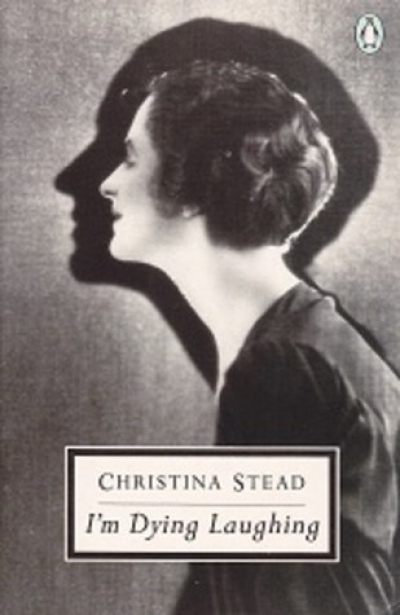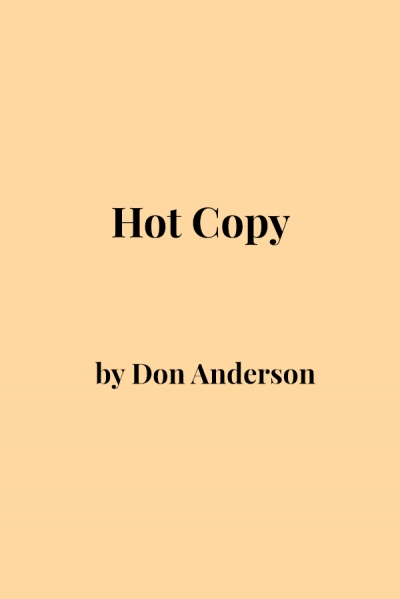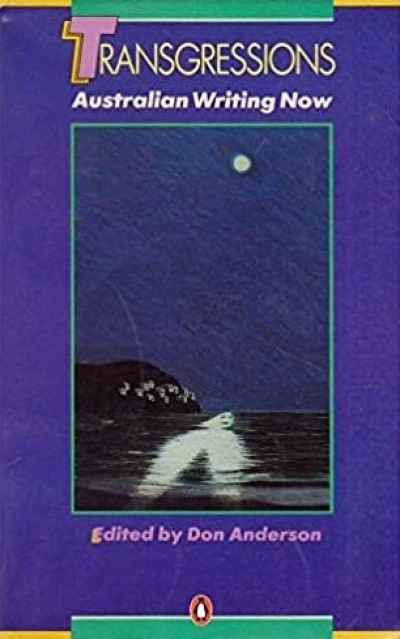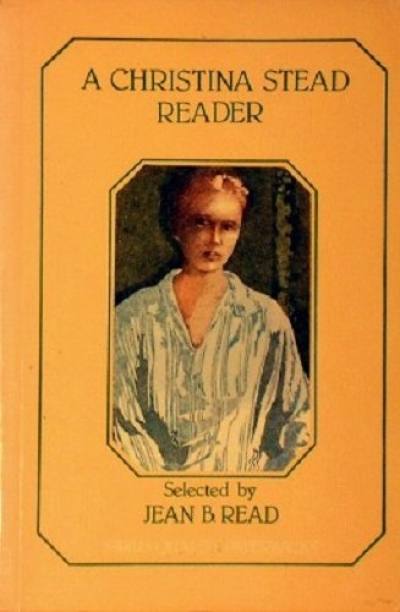Don Anderson
Postmodernism and Popular Culture: A cultural history by John Docker
by Don Anderson •
Dear Editor,
Caroline Lurie (ABR No. 131) cited four common criticisms of deconstruction. I think a more important reason is the danger deconstruction poses to the privileged position of the author as the source of one or multiple meanings for a text. It is significant to note that it is mostly the authors (both of narrative and critical discourses) who are so upset about deconstruction.
... (read more)Transgressions edited by Don Anderson & The Australian Short Story by Laurie Hergenhan
by Mary Lord •

